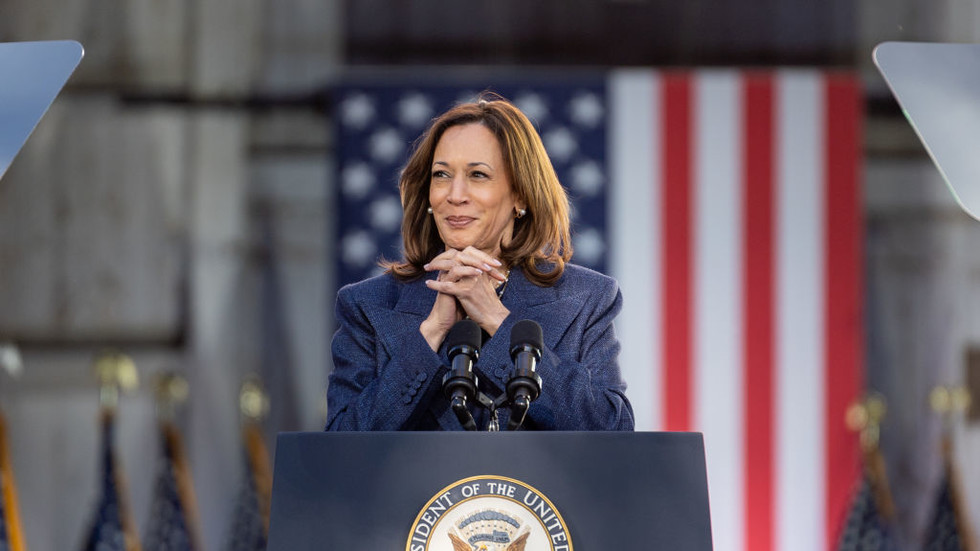In recent discussions surrounding a CBS News interview with U.S. Vice President Kamala Harris on ’60 Minutes’, former President Donald Trump has raised allegations concerning the network’s editing practices. Trump claimed that CBS edited Harris’ responses to appear less incoherent, asserting that the changes were deceitful. The controversy ignited after a clip was aired on ‘Face the Nation’, revealing Harris providing a lengthy and somewhat convoluted response when questioned about Israeli Prime Minister Benjamin Netanyahu’s attentiveness to U.S. perspectives amid rising Middle Eastern tensions. In contrast, the full interview presented a condensed version of her answer, which was more direct in asserting the administration’s commitment to addressing ongoing conflicts.
In CBS’s defense, the network clarified its editing rationale, asserting that the modifications aimed to enhance clarity and accuracy rather than deceive the audience. The network explained that both segments of Harris’ response addressed the same question, albeit with a different focus on parts of her commentary. CBS emphasized the importance of succinctness in a program that seeks to cover a breadth of topics within a limited timeframe. This explanation, however, did not quell Trump’s campaign, which described CBS’s editing practices as an admission of intent to manipulate public perception, further echoing Trump’s earlier assertions about media bias.
The Trump campaign’s response highlighted the ongoing tensions between political figures and media outlets, with the remark underscoring a broader critique of what they characterized as biased journalism. The statement from Trump’s campaign reiterated the notion that programs like ’60 Minutes’ engage in editorial practices that serve specific political narratives, aligning with Trump’s frequent denouncement of mainstream media as purveyors of “fake news.” Such sentiments have aggravated the public’s perception of media integrity, particularly among those who support Trump and view these reports as attempts to undermine conservative figures.
Despite the contentious nature of the debate, CBS maintained its invitation for Trump to participate in a dialogue about national issues, including the Harris interview. This public appeal reflects a strategic attempt by CBS to position itself as an impartial entity willing to foster discussion across the political spectrum. The absence of an unedited version of the interview or a complete transcript has raised further questions about transparency in media reporting, as critics call for a more open approach to how political communications are presented and interpreted.
The entire episode serves as a microcosm of the ongoing battle over media representation and the delicate relationship between political figures and journalists. The stakes are especially high as public opinion increasingly forms around select narratives presented in mainstream media. This incident raises critical reflections on the role of programming that centers around interviews with political leaders and the ethical considerations of content editing, especially when audience perceptions and political accountability are at play.
In sum, this controversy sheds light on the prevalent concerns regarding media bias, the manipulation of information, and the responsibilities of broadcasters in presenting political dialogue. As the media landscape continues to evolve, maintaining clarity and integrity in the portrayal of political narratives remains a vital concern for both journalists and the public, fostering an environment where stakeholders can meaningfully engage with complex issues without the cloud of deceit or bias influencing the discourse.

